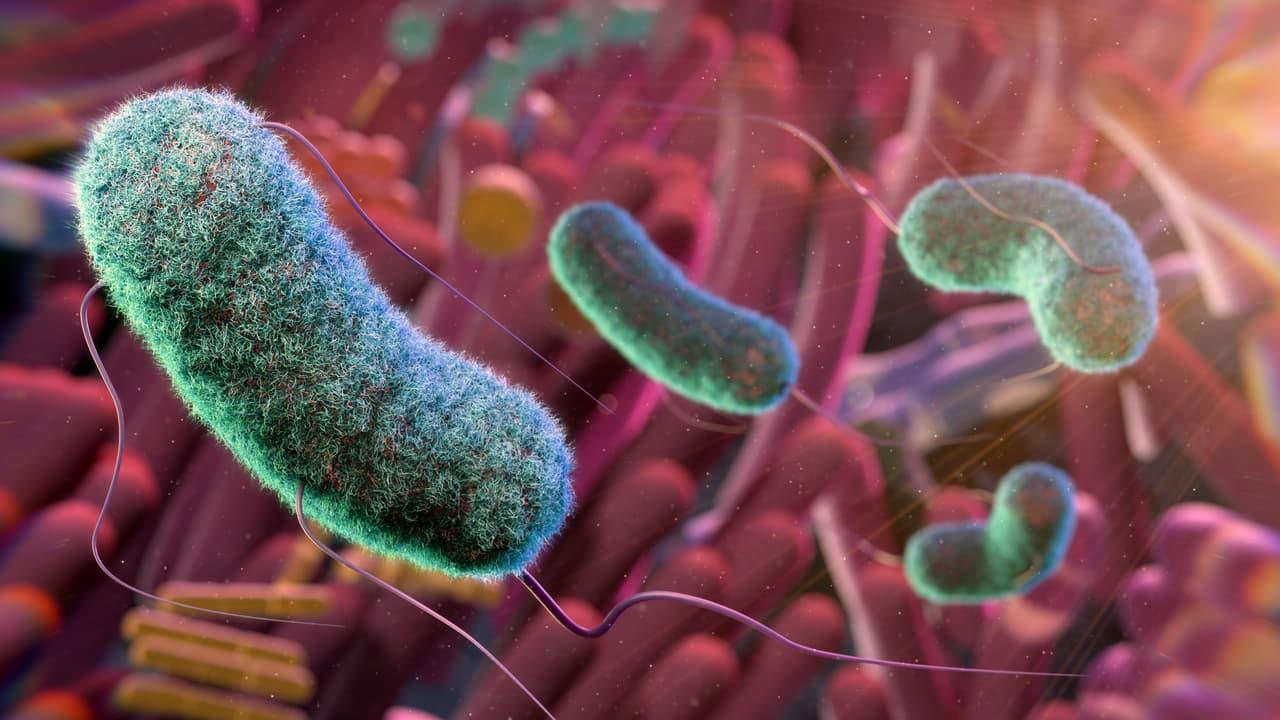Did You Know? Your Morning Coffee Could Weaken The Effectiveness Of Antibiotics
That daily cup of coffee might have an unexpected downside. According to researchers at the University of Tübingen and the University of Würzburg, caffeine can influence how bacteria like Escherichia coli (E. coli) respond to antibiotics. Published in PLOS Biology, the study shows that caffeine triggers a chain reaction inside E. coli cells, reducing the uptake of ciprofloxacin, a commonly used antibiotic.
How Diet Affects Bacteria
Researchers examined 94 common compounds, ranging from prescription medications to food ingredients, to see how they influence Escherichia coli (E. coli), a bacterium that can cause infections. They found that many of these substances trigger genetic regulators controlling transport proteins-tiny pumps and pores that decide what enters and exits bacterial cells.
This subtle shift in regulation can change how effectively antibiotics get inside bacteria. In the case of caffeine, the team found that it activates a gene regulator known as Rob, which in turn alters transport proteins. The result: reduced uptake of the antibiotic ciprofloxacin, making it less effective.
Different Bacteria, Different Responses
Interestingly, the same effect was not seen in Salmonella enterica, a close relative of E. coli. This suggests that even closely related bacteria may react differently to the same environmental triggers, depending on how their transport systems work.
A New Look at“Low-Level” Resistance
The study, published in PLOS Biology, highlights a form of low-level antibiotic resistance-not caused by resistance genes, but by environmental cues that rewire bacterial behavior.
“Such findings remind us that what we consume daily, even something as common as caffeine, can subtly shape how bacteria respond to treatment,” says lead researcher Professor Ana Rita Brochado.
Implications for Treatment
This research could eventually influence how antibiotics are prescribed. Doctors may need to consider not just the drug itself, but also what patients are consuming-be it food, supplements, or other medications-that could affect treatment outcomes.
Legal Disclaimer:
MENAFN provides the
information “as is” without warranty of any kind. We do not accept
any responsibility or liability for the accuracy, content, images,
videos, licenses, completeness, legality, or reliability of the information
contained in this article. If you have any complaints or copyright
issues related to this article, kindly contact the provider above.
Most popular stories
Market Research

- Japan Buy Now Pay Later Market Size To Surpass USD 145.5 Billion By 2033 CAGR Of 22.23%
- BTCC Summer Festival 2025 Unites Japan's Web3 Community
- GCL Subsidiary, 2Game Digital, Partners With Kucoin Pay To Accept Secure Crypto Payments In Real Time
- Smart Indoor Gardens Market Growth: Size, Trends, And Forecast 20252033
- Nutritional Bar Market Size To Expand At A CAGR Of 3.5% During 2025-2033
- Pluscapital Advisor Empowers Traders To Master Global Markets Around The Clock






















Comments
No comment